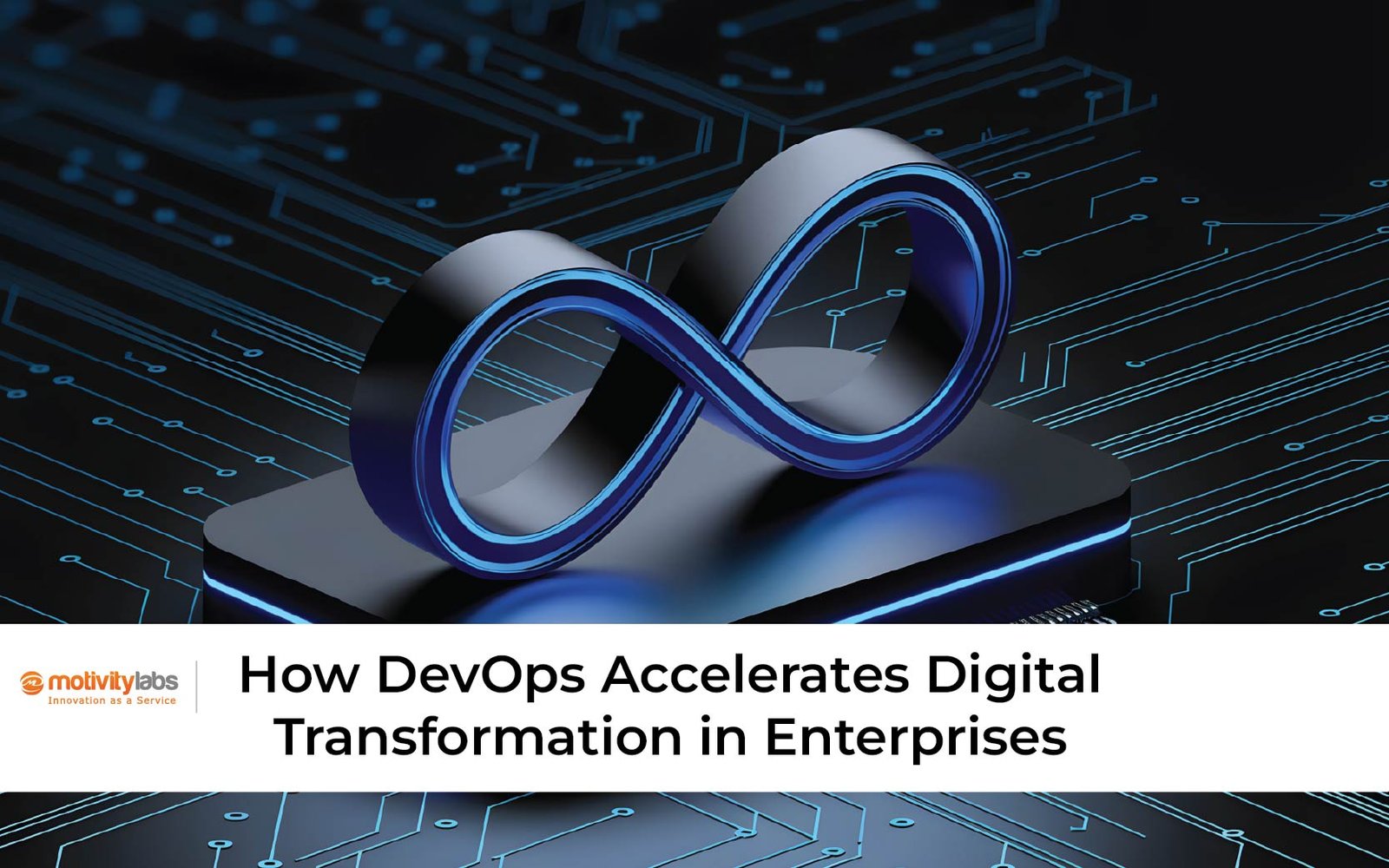In the rapidly evolving landscape of software development and data science, two methodologies MLOps vs DevOps stand out for their transformative impact on workflows and efficiency. However, as the demands for integrating machine learning in devops increase, understanding the nuances between DevOps and MLOps becomes crucial. In this blog, we will delve into the definitions, differences, similarities, methodologies, and the importance of DevOps and Machine Learning Operations in the current Software Development Life Cycle (SDLC).
As organizations seek to harness the power of data-driven decision-making and automation through machine learning, the integration of ML models into production environments has become a priority. However, traditional software development practices often fall short when it comes to handling the complexities of ML model deployment, monitoring, and management. This is where MLOps steps in, offering a specialized set of practices tailored to the unique challenges of ML model lifecycle management.
On the other hand, DevOps has long been recognized as a transformative approach to software development, emphasizing collaboration, automation, and continuous integration/continuous deployment (CI/CD) pipelines. DevOps aims to break down silos between development, operations, and quality assurance teams to accelerate software delivery while maintaining high quality and reliability.
Definition of DevOps and MLops

DevOps
DevOps, a blend of development (Dev) and operations (Ops) is a cultural and technical movement that advocates for close collaboration between software developers and IT operations teams to automate the process of software delivery and infrastructure changes. DevOps emphasizes the adoption of agile principles, continuous integration, continuous delivery, and infrastructure as code (IaC) to achieve faster time-to-market, improved deployment frequency, and higher reliability of software releases.

MLOps
MLOps, short for Machine Learning Operations, refers to the practices, tools, and workflows aimed at operationalizing machine learning models throughout their lifecycle—from development and training to deployment and monitoring. MLOps, or Machine Learning Operations, is a derivative of DevOps tailored specifically for machine learning (ML) projects. MLOps incorporates elements of DevOps while addressing the unique requirements of machine learning, such as data versioning, model versioning, model drift detection, and retraining strategies.
Differences and Similarities : MLOps vs DevOps
While DevOps and Machine Learning Operations share common goals of improving collaboration, automation, and deployment efficiency, there are notable differences between the two methodologies:
- Focus Area: DevOps primarily focuses on automating and streamlining the software development and deployment pipeline, including infrastructure provisioning, configuration management, and application deployment. In contrast, MLOps places a special emphasis on managing the complexities of machine learning models, including data preprocessing, model training, model deployment, and monitoring.
- Tools and Technologies: DevOps relies on a wide range of tools and technologies such as version control systems (e.g., Git), continuous integration servers (e.g., Jenkins), configuration management tools (e.g., Ansible), and containerization platforms (e.g., Docker, Kubernetes). MLOps introduces additional tools and frameworks tailored to the requirements of machine learning, such as ML model repositories (e.g., MLflow, Kubeflow), model serving platforms (e.g., TensorFlow Serving, Seldon Core), and monitoring solutions for ML models (e.g., Prometheus, Grafana).
- Skillset: Implementing MLOps requires a combination of skills in machine learning, software engineering, and operations. Data scientists and machine learning engineers need to collaborate closely with DevOps engineers and infrastructure specialists to ensure that ML models are deployed and managed effectively in production environments.
Despite these differences, DevOps and MLOps share common principles, including automation, collaboration, continuous integration, continuous delivery, and monitoring.
Integrating DevOps and Machine Learning
The integration of DevOps and machine learning is pivotal in today’s tech-driven environment. It enables teams to automate and streamline the deployment of machine learning models, ensuring they can be efficiently integrated into production systems. This synergy enhances the scalability, reliability, and performance of ML-driven applications.
MLOps and DevOps Methodologies
MLOps Methodologies
MLOps encompasses a set of best practices and methodologies aimed at operationalizing machine learning models at scale. Key components of MLOps include:
- Model Development: Collaborative model development using version control systems and experiment tracking tools.
- Model Training: Scalable and reproducible model training pipelines using platforms like TensorFlow Extended (TFX) or Apache Airflow.
- Model Deployment: Automated deployment of ML models as RESTful APIs or microservices using containerization and orchestration platforms.
- Model Monitoring: Continuous monitoring of model performance, data quality, and model drift detection to ensure optimal performance and reliability.
- Model Governance: Implementing policies and controls for model versioning, access control, and compliance with regulatory requirements.
DevOps Methodologies
DevOps methodologies focus on improving collaboration, automation, and efficiency across the software development lifecycle. Key principles of DevOps include:
- Continuous Integration (CI): Developers integrate their code changes into a shared repository frequently, triggering automated builds and tests.
- Continuous Delivery (CD): Automated deployment pipelines deliver code changes to production environments reliably and efficiently.
- Infrastructure as Code (IaC): Infrastructure provisioning and configuration are managed programmatically using declarative templates.
- Monitoring and Logging: Continuous monitoring of application performance, infrastructure metrics, and logs to detect and troubleshoot issues proactively.
The Role of Machine Learning in DevOps
Integrating machine learning in DevOps practices offers significant benefits, including enhanced predictive analytics for operational decisions, automation of routine tasks, and improved efficiency in software delivery. Machine learning in DevOps can lead to smarter development practices, more proactive operational monitoring, and a deeper understanding of system behaviors through data analysis.
Conclusion and Importance in Current SDLC
In conclusion, the discourse on MLOps vs DevOps reveals the complementary nature of these methodologies. By understanding and implementing both DevOps and MLOps, organizations can harness the full potential of software development and machine learning. his integrated approach not only accelerates the delivery of technology projects but also ensures they are scalable, reliable, and maintainable in the long run. As the fields of DevOps and machine learning continue to evolve, the collaboration between these disciplines will undoubtedly become more intertwined, driving innovation and efficiency across industries.
DevOps and MLOps represent complementary approaches to modern software development and deployment. While DevOps focuses on streamlining the software delivery process and managing infrastructure, MLOps extends these principles to the realm of machine learning, addressing the unique challenges of ML model lifecycle management.
In today’s fast-paced and data-driven world, organizations must adopt DevOps and Machine Learning Operations practices to stay competitive and deliver high-quality software products efficiently. By embracing automation, collaboration, and continuous improvement, companies can accelerate innovation, reduce time-to-market, and enhance the reliability and scalability of their ML-powered applications.



